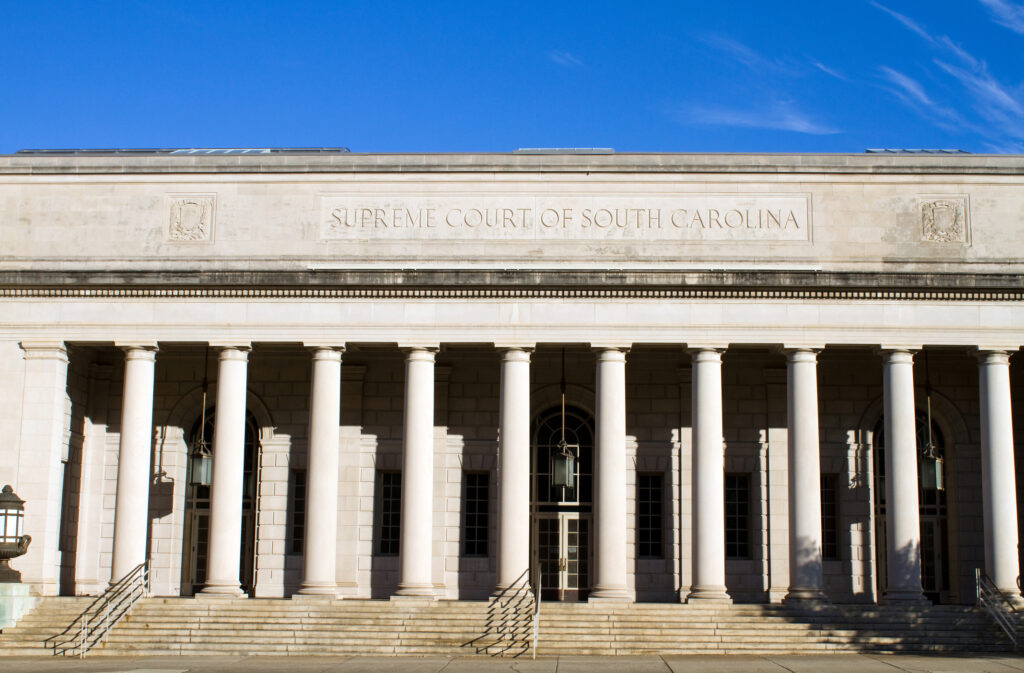
COLUMBIA, S.C. (BP) – South Carolina’s Supreme Court upheld the state’s latest fetal heartbeat abortion ban Aug. 23, although the court in January struck down a previous and nearly identical version of the ban.
Both bills limit abortion after the detection of a fetal heartbeat with exceptions, including to save the mother’s life and in cases of rape, incest and fetal abnormalities. Both bills allow for criminal penalties for doctors and patients.
The new law goes further in protecting the life of the unborn, limiting to 12 weeks of pregnancy abortions allowed under the rape and incest exceptions, while the previous ban allowed abortions until 20 weeks of pregnancy.
The court did not specifically address the change but said under the new law, “we are not confronted with any plausible argument or concrete situation that suggests compliance with the Act poses significant or unconstitutional threats to a mother’s life or health care, or that it will result in medical providers delaying necessary or life-saving health care.”
In the latest ruling, the court pointed to key changes between the successful and the failed bans, stating that the South Carolina Legislature focused on the defects of the previous ban in crafting its new legislation. Those changes swayed the court to uphold the latest law challenged by Planned Parenthood.
“The 2023 Act is new legislation overhauled and redrafted after the Court’s rejection of the legislature’s initial efforts in 2021,” Justice John Kittredge wrote for the majority. “The legislature has made a policy determination that, at a certain point in the pregnancy, a woman’s interest in autonomy and privacy does not outweigh the interest of the unborn child to live.
“As a Court, unless we can say that the balance struck by the legislature was unreasonable as a matter of law, we must uphold the Act.”
Planned Parenthood’s challenge to the new law was based on the contention that the previous decision to overturn the ban created a precedent, the court wrote. The contention doesn’t stand because the two acts are different, the court said.
“Specifically, the 2023 Act contains different findings and purposes from the 2021 Act. For example, in the 2023 Act, the legislature expressed its compelling interest to protect the lives of unborn children and, critically, deleted its prior reference to the hallmark feature of the 2021 Act: informed maternal choice.”
In addition to dropping the necessity of an “informed maternal choice,” the 2023 law changed the definition of a clinical diagnosable pregnancy and clarified that the law allows the use of contraception, including emergency contraceptives.
The court ruled that while the law invades a woman’s right to privacy, the invasion is within the scope allowed by the state constitution.
“We think it is important to reiterate: we are constrained by the express language in the South Carolina Constitution that prohibits only ‘unreasonable invasions of privacy,’” Kittredge wrote. “A reasonableness framework is required. The concept of reasonableness necessarily embraces a range of permissible policy options, not a narrow line in the sand. Of course, people may disagree in good faith with the balance struck by the legislature, but that disagreement in no manner renders unconstitutional the legislatively determined balance.”
Since the overturning of Roe v. Wade, half of U.S. states have enacted measures to protect life.
–30–





















